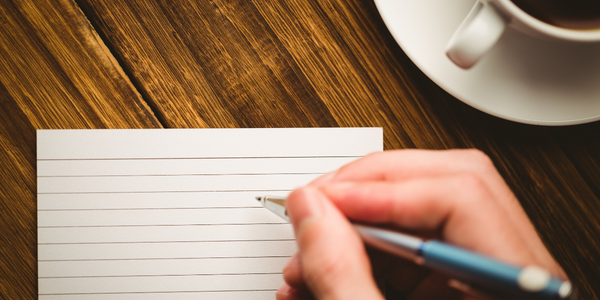Benefits of Adding Flashcards to Your EPPP Study Plan
Benefits of Adding Flashcards to Your EPPP Study Plan
March 27, 2023

Flashcards can be an effective study tool for many people, including those preparing for the Examination for Professional Practice in Psychology (EPPP). Flashcards can help you memorize key concepts and terminology, and they can be a useful tool for reviewing material quickly and efficiently. Flashcards serve as a good addition to a diverse study plan that contains multiple study materials like practice exams, quizzes, study volumes, workshops, and audio lectures. Flashcards can provide several benefits, including:
- Active recall: Flashcards require you to actively recall information rather than passively reviewing it. This makes it easier for you to remember the information in the long-term.
- Efficient learning: Flashcards allow you to quickly review small amounts of information at a time. This makes it easier to learn and retain information without feeling overwhelmed.
- Customizable: Flashcards can be easily customized to fit your learning needs. You can create them for any subject, level of difficulty, and learning style.
- Portability: Flashcards are portable and can be taken anywhere. You can review them on the bus, during a break, or while waiting in line
- Versatility: Flashcards can be used for a variety of purposes, including vocabulary, equations, definitions, historical dates, and more.
Overall, flashcards can be an effective tool to help you learn and remember information quickly and efficiently. Flashcards can be purchased in either digital or printed format, or you can even make your own flashcards.
Creating Your Own EPPP Flashcards
Making your own flashcards is a great way to study and learn new information. Here are the steps to create your own flashcards:
- Determine the information you want to learn: Before you create your flashcards, decide on the information you want to learn. This could be definitions, theories, domain information, prescription drug names and descriptions, and more. It can be helpful to make flashcards from information you've highlighted in your study volume or by using information from answer rationales for questions you may have answered incorrectly.
- Gather your materials: You will need index cards or cardstock paper, a pen or marker, and any other materials you want to use to decorate or organize your flashcards.
- Write the information on the cards: Write the question or concept you want to learn on one side of the card and the answer or definition on the other side. You can use colors, drawings, or diagrams to help you remember the information.
- Organize your flashcards: You can organize your flashcards in different ways, such as by subject or topic, by level of difficulty, or by alphabetically.
- Practice with your flashcards: Once you have created your flashcards, practice using them regularly. Shuffle them and go through them one by one, testing yourself on the questions and answers. Keep practicing until you can answer each question correctly.
- Creating your own flashcards is a simple and effective way to learn new information. By actively engaging with the material and testing yourself, you can improve your retention and recall of the information.


